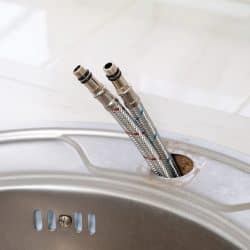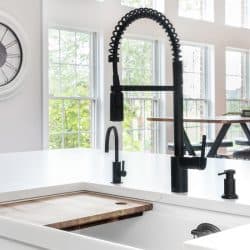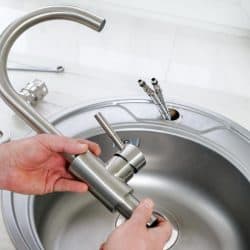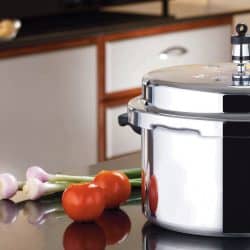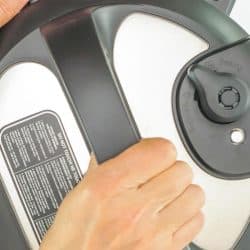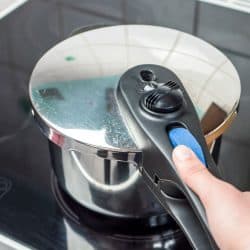Do you have brown water coming out of your faucet after a water main break? Are you wondering how long you should keep the water running until it's clear and safe to use again? That's what we'll talk about today. We asked the experts about this concern and here's what they told us.
You should keep the water running for as long as it takes for all the dirt to be flushed out. When the water clears, continue running the water for a few more minutes to be sure that all the dirt has been washed away and the water is already safe to use.
Keep on reading so we can tell you more about how to flush your pipes after a water main break. We'll also discuss what happens when a water main breaks, the causes behind this situation, and what else you need to do after. Let's begin!
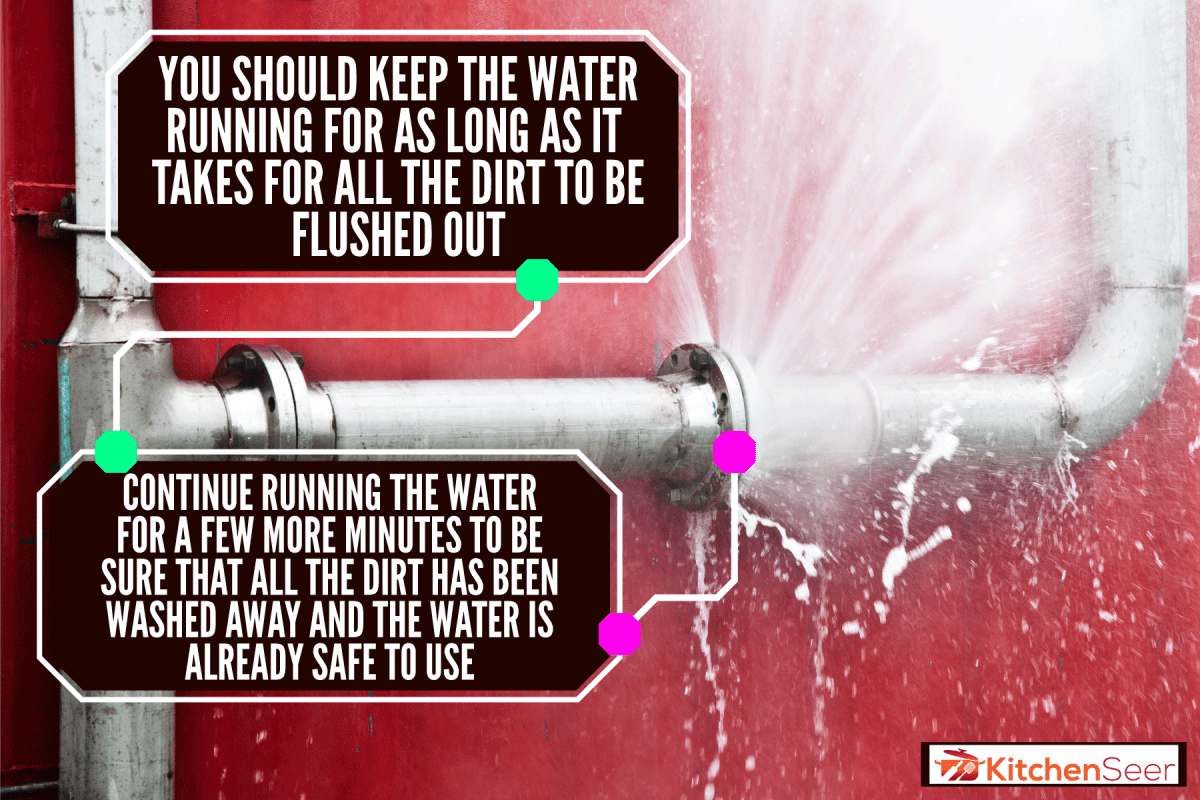
How long does it take for water to stop being brown?
A water main break doesn't happen often but when it does, it can be a hassle for everyone. Efficient action is needed to put your water supply back in order.
Otherwise, the water pressure will be low and worse, the water coming out of the faucets is brown, smelly, and unsafe. Note that public officials will only take care of the problem with the main water pipes and whatever effect it has on your property is your responsibility.
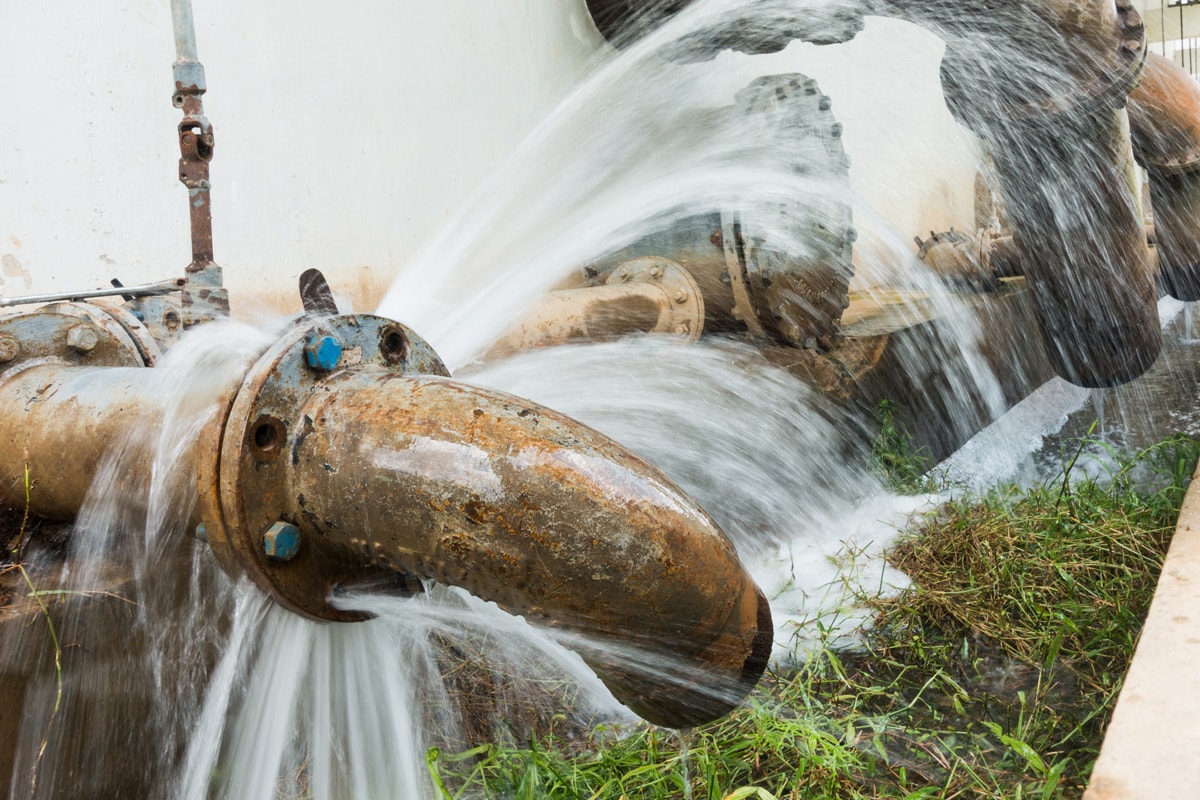
A water main is the primary water distribution system in your city or town so that the water supply reaches your home. The pipes are located underground.
Old ones can be made of galvanized steel and cast iron while modern water pipes make use of concrete and ductile iron.
Despite being buried underground, there are some cases wherein these pipes are damaged causing your water to come out of these pipes and disrupt your water supply.
And since there are holes or cracks on the pipes, dirt, dust, debris, rust, bacteria, and other unwanted particles can also find their way to your home's water lines and out of your faucet even after the water main has been fixed.
That is why you need to flush the dirty water out. There's no definite length of time for this. The rule of thumb is to keep the water running until the water that comes out of the faucet is all clear.
Cold Water Faucets
You need to keep the water running until it clears and when this happens, keep it running for a few more minutes to be sure that the water has indeed cleared already. Do this with all your cold-water faucets at home.
Hot Water Tank
To clear your hot water tank at home, turn on all your faucets that have a hot water supply. Wait until the water that comes out of the faucet is cold.
This means the tank has run out of hot water and would need to heat the water again. Wait for a couple of hours and run all your hot water faucets again until the tank is empty.
Check Aerators and Filters
Clean each faucet's aerator to be sure that there is no dirt or sediments stuck on its mesh. If you're using a water filtration system, have the filters changed.
Dishwasher and Washing Machine
Since these appliances are also connected directly to your water supply, you also need to make sure that the water coming out from their connections is clean.
To do this, run them using the warm setting twice. Don't put any dishes or laundry inside! Then, run them again this time with soap so that you can clean their interiors. Do this process twice also. If there's a filter on your dishwasher, you should have it replaced.
This is why there's no specified length of time for flushing dirty water from your faucets. Take as long as it needs until all the dirt is washed out and the water clears so that you can be sure that the water is safe to use already.
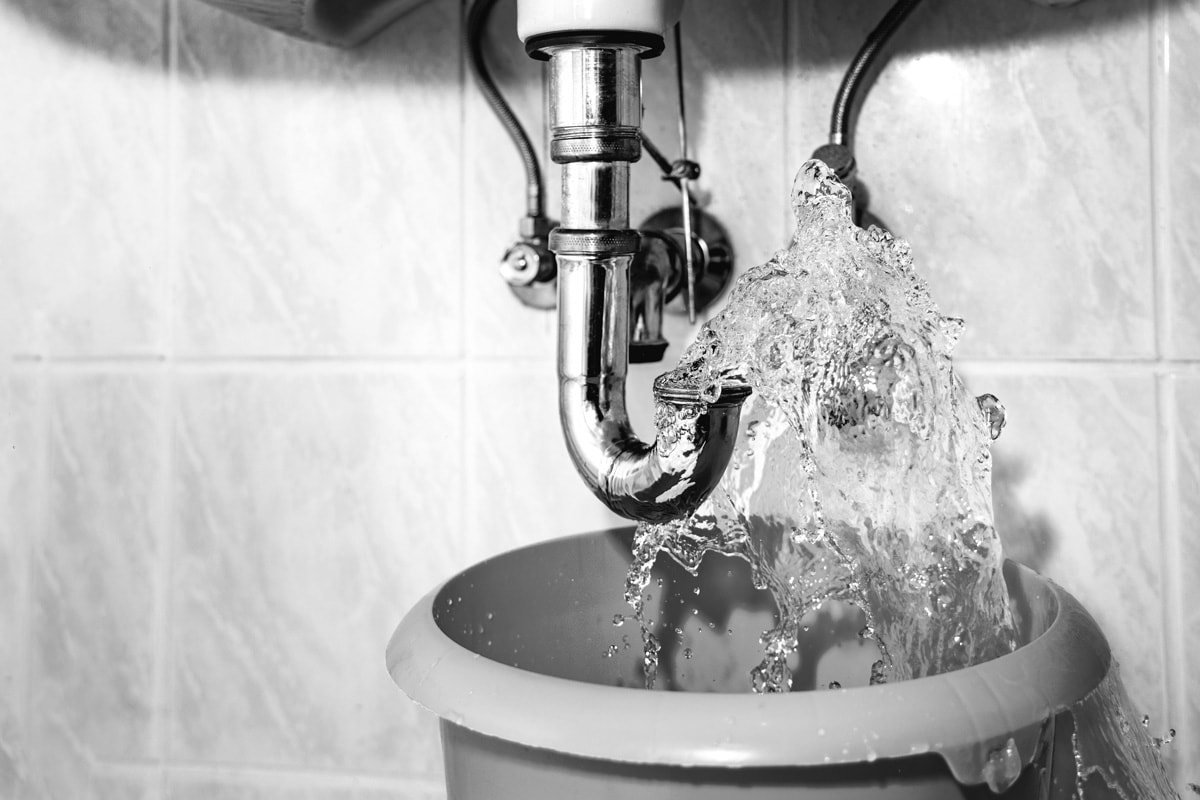
What happens when your water main breaks?
Knowledge is power, so even if this isn't a normal occurrence in your neighborhood, it pays to know what happens when the water main breaks so that you'll know what to do.
Different scenarios can come about in this kind of situation. Here are some of them.
- There's less water pressure in your water lines. This means it takes longer before the water gets to you and the flow is unsteady.
- Water can gush out of the ground. This can cause traffic problems.
- If the water main break takes a long time to get fixed, the soil around the pipes would become soft and erode. This is a potential hazard as it can cause sinkholes.
- If the pressure of water coming out of the holes and gaps is strong, it can cause flooding in the area.
- When you live right next to where the water main break happened, water could possibly enter your home and you might experience water or moisture damage if you don't act on it right away.
You now have a better idea of what happens in your surroundings when there's a water main break. And remember, whatever happens inside your property is your sole responsibility so you must know your course of action if ever water reaches your home.
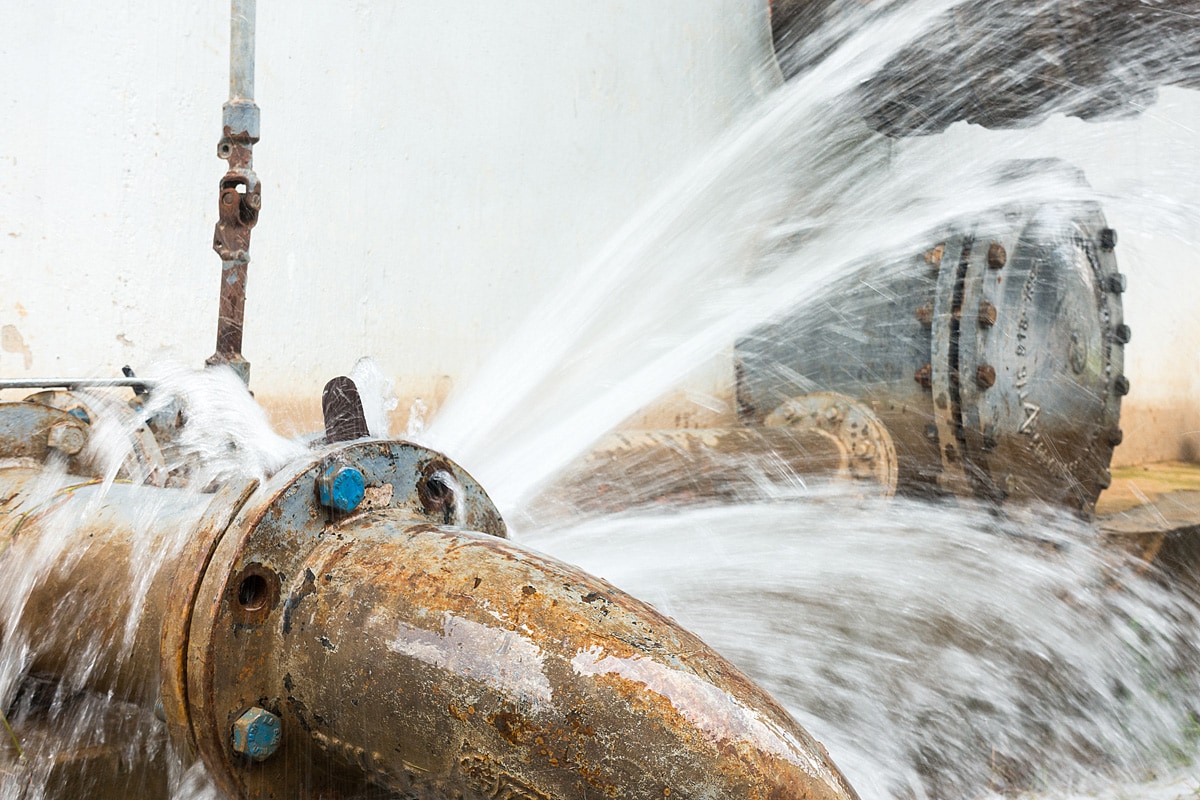
What causes a water main break?
There can be different causes that lead to water mains breaking. Here are some of them.
- Age. Some water mains have been built decades ago. Of course, they are subject to wear and tear and the material will disintegrate over time. That's why it is important to choose long-lasting materials for the pipes.
- Material. The strength and quality of the material used for the pipes also play a significant role in this. For example, among the common materials used for water pipes, cast iron is considered one of the weakest. It is susceptible to rust which causes the pipe to lose its strength, especially against changing temperatures.
- Temperature. When the ground freezes in winter, it would contract and this would cause a lot of pressure on the pipe's surface. There are also rare instances when the water inside the pipes freezes and would in turn expand, causing more pressure on the water pipes. During hot summer months, the heat and dry air can also cause the ground to shift and settle. The friction can damage the pipes.
- Erosion. Soil sliding down can make the area around the water mains unstable and cause pipes to yield upon the increased pressure in their surroundings.
- Accident. Sometimes there are miscalculations when contractors dig the ground for the foundation of whatever it is they're building.
These are just some of the reasons why water mains break. The good news is they don't happen frequently. The bad news is they cause a lot of trouble when they happen. That's why it's good to know about this occurrence to help you prepare if it happens in your area.
What To Do After a Water Main Break
Here are the things you need to do after the water main breaks to put things back in order.
- Report the issue to the proper authorities right away so that they can do the necessary repairs. This might take a few hours to some weeks depending on the extent of the damage to the water pipes.
- Check your home, especially the basement and crawl spaces, to see if water got inside. You might not see a pool of water but check for other signs such as a wet floor, wall, or carpet. Take note that water might not reach your home right away so continue checking in the next few days.
- If you've confirmed that there's water inside your home, you need to clean it up, disinfect it, and make sure you dry everything. Open the windows and doors for ventilation. You can also rent structural drying dehumidifiers and high-volume fans to cut the time it takes to dry your home.
- Repair and rebuild if necessary. Check which items can still be salvaged and throw away those that are beyond repair. Start your rebuilding process from there.
Make sure that you resolve the water issue in your home when the water main in your area breaks to avoid further damage to your property.
Final Thoughts
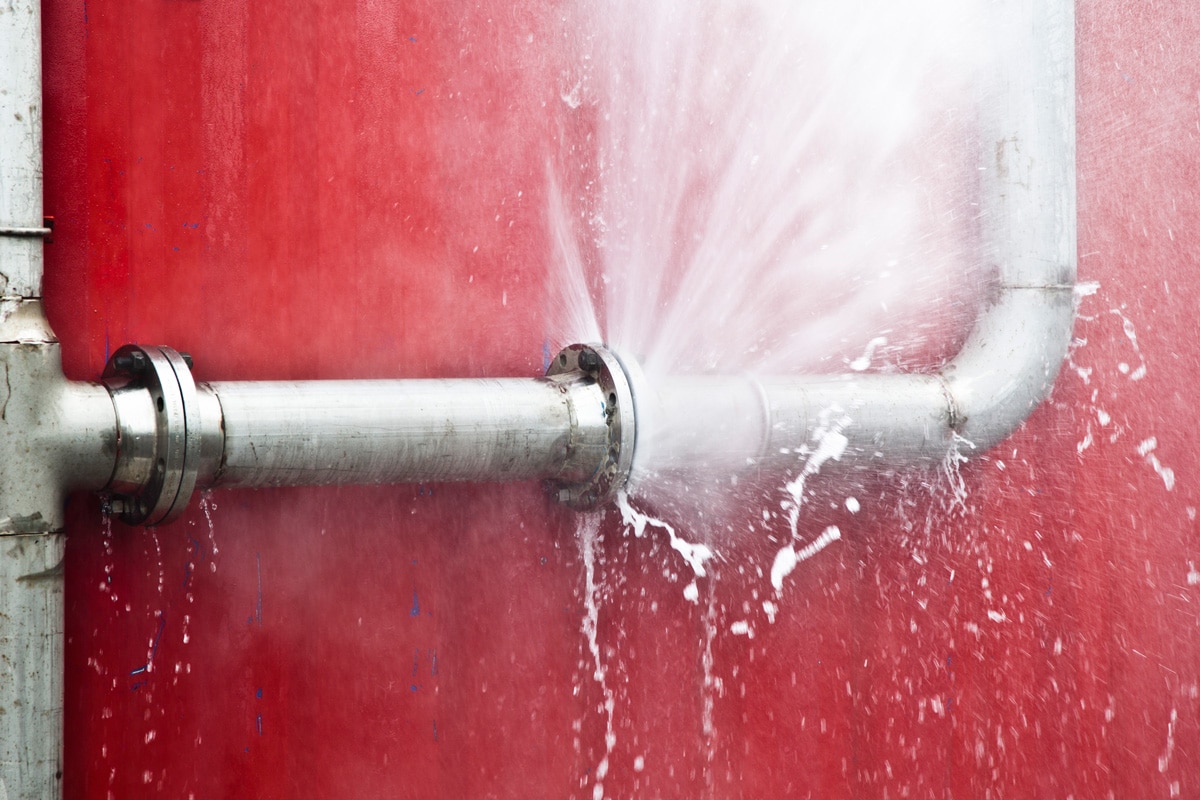
You need to flush your water pipes after a water main break so that you can get rid of all the dirt and bacteria that have been mixed with your water supply.
Open all your faucets, wait until the water clears, then wait some more so that you can be sure that the water is safe to use again.
For ideas on how to protect your kitchen floor and cabinet doors from water damage, feel free to visit the following posts:
How To Protect Kitchen Cabinet Doors From Water Damage
Does Kitchen Floor Need Waterproofing? [And How To Achieve That]

